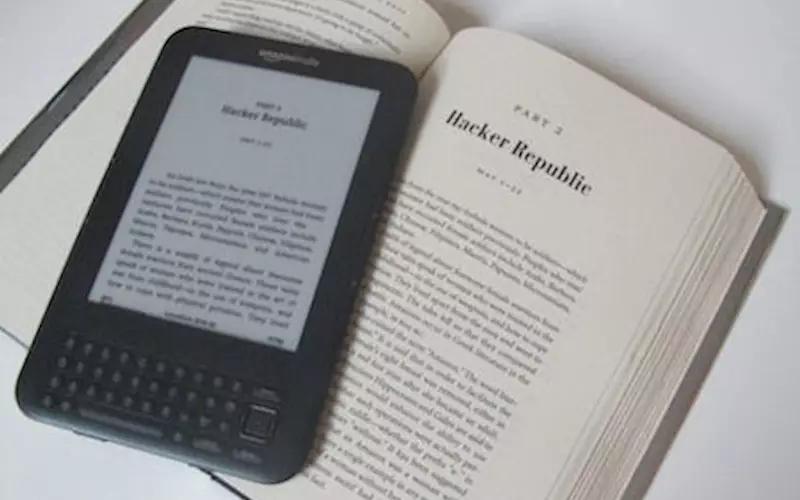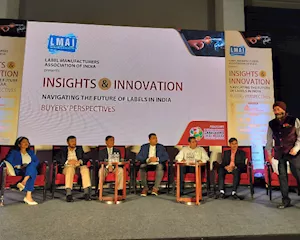The woes of electronic media: Kindled
The Japanese coined a word in the very beginning of modern Japan, the Meiji era (1868-1912) – tsundoku. Tsundoku describes the act of buying new books and letting them pile up, unread.
28 Jan 2015 | By Tanvi Parekh
A look at the apartments / desks of almost all the self-proclaimed avid readers, and one will immediately resonate.
Then one thinks, were the Japanese ahead of time in vocabulary, too?
But that’s not the real point in question.
The rocks were replaced by the leaves which were replaced by the scrolls which then became obsolete with the paper being used as a medium for inking words. Today, with the electronic mediums, paper is obsolete, too?
But again, that’s not the real point in question.
Many of the traditional book readers (barring a couple) seem to be joining the electronic plug-and-play (read) platforms. Some non-readers have now, in a wake to stay aboard the trend-o-meter, have picked up reading as a hobby/recreational activity. And the more savy kids on the block indulge in the audible books.
A good news for the written word. The stories are read and heard.
But, and this is the real question in point, how much good do these e-platforms do to a reader; old and/or new?
Caveat: The details presented below are not lopsided (though it may appear to be) towards the traditional paper book lover.
Researchers from Harvard Medical School compared reading a classic paper book to light-emitting e-readers right before bed, and published their findings in the Proceedings of the National Academy of the Sciences.
According to the study’s lead researcher Charles Czeisler, "The light emitted by most e-readers is shining directly into the eyes of the reader, whereas from a printed book or the original Kindle, the reader is only exposed to reflected light from the pages of the book."
The tests revealed that the sleep hormone melatonin was reduced after participants read an e-book. It also took them longer to fall asleep, and they were found to be more tired the next morning. The original Kindle readers that don’t emit light are safe and similar to reading an old-fashioned book.
Sleep deficiency increases the risk of cardiovascular disease, metabolic diseases like obesity and diabetes, and cancer. The resultant melatonin suppression among the participants and the light-emitting e-reader at large is a matter for concern."
|
What the Melatonin does - Endocrine Awareness Center for Health Melatonin, which is produced in the center of the brain is accumulated throughout the day. When the lights shut off, the optic nerve sends signal back into the hypothalamus and melatonin is signaled to flood the brain to cue it for bed. The hypothalamus maintains hunger, sleep, body temperature, wakefulness, metabolism, sleep and energy cycles, hydration, and blood pressure regulation among others. |
|
Methodology The researchers locked 12 people into a sleep laboratory for two weeks to study their sleeping patterns with each type of bedtime reading approach. After they spent five days reading from a paperback book, they switched to reading from an iPad for the next five days. Their blood was drawn after each test. |














 See All
See All